Review for The 400 Blows
It’s absolutely remarkable that anybody’s first film should be as accomplished as ‘The 400 Blows’. When film-makers level the challenge to their critics to ‘make a goddamn film yourself if you’re so clever’ this should give them pause for thought. Critic and film-fan François Truffaut turned in what many see as his finest work with this incredible coming-of-age drama.
12-year-old Antoine Doinel (an astonishing performance from the frighteningly young Jean-Pierre Léaud) constantly skives off school to go to the cinema and causes trouble wherever he goes. Despite the chaos he leaves in his wake he does, at heart, want to be good. He’s no socio-path – it’s just that trouble seems to follow him wherever he goes and whatever he does. (In fact, according to legend, the film is semi-autobiographical and reflects something of the troubled youth of its maker.)
His teacher dislikes him and suspects that he is plotting trouble at every turn. As a result he’s constantly on his back and they are forever sparring, usually resulting in Antoine being made to stand in the corner behind the black-board.
His mother (Claire Maurier) is disenfranchised with her whole home life (including Antoine) and is having an affair, unbeknownst to Antoine’s long-suffering Father. One day when in town Antoine sees his mother with her lover and what’s worse is that she knows that he knows – and their relationship changes as a result, initially for the better as they are now both ‘outsiders’ with secret lives.
But when he gets caught stealing his parents are both incredibly angry, perhaps finally finding the excuse to reject him entirely. Only later when he emerges from a correctional facility can he face them again though he learns that forgiveness is not necessarily a given.
There is a melancholic air to the film which is really about a boy finding his way on an unfair world where no one is perfect and there doesn’t appear to be a happy ending or indeed any prospect of gold at the end of a rainbow. So he may as well get on with it.
It’s a beautiful looking film – stunning black and white cinematography with a lively sense of realism with much of it shot on location. The performances are naturalistic with Truffaut encouraging his young cast to bring something of themselves to their roles.
The film is presented in an aspect ratio of 2.34:1, encoded with MPEG-4 AVC in 1080p and it appears to be from an excellent print given that the film is now over 50 years old. The blacks are deep and contrast and detail superb, even when viewed with a critical eye on my 50” plasma. It’s Region B locked which may be a disappointment for fans over the pond though I believe there is an equally good Criterion release already available.
Audio is French only (LPCM 2.0) and there are English subtitles.
The extra features are in line with other current Artificial Eye releases with a brief but informative introduction from Serge Toubiana, President of Cinémathèque Française, which is in French with English subtitles and which lasts all of 5 minutes. It does offer up a few spoilers so you may prefer to watch it after the film if you are unfamiliar with it.
There’s also a highly dramatic and persuasive trailer which is also in French with English subtitles and which lasts an incredible 4 minutes. I would definitely advise watching this after the film!
Also included are some captivating screen tests with Jean-Pierre Leaud and Richard Kanayan which last for some7 minutes and which go a long way to understanding why these confident boys were selected for their parts. Completely unselfconscious and refreshingly honest with their answers to various questions, you could see the potential shine through even at this stage of production.
Finally there is a feature length commentary with film critic and childhood friend of Truffaut’s, Robert Lachenay. He goes into great personal detail about his role as an assistant director and the commentary is filled with fascinating anecdotes about Truffaut’s life. It’s a little bit tough going with a French commentary and English subs but well worth the effort and a very welcome inclusion here.
This, the first and perhaps the finest Truffaut movie is a most welcome release to Blu-Ray, as are the other half-dozen or so releases from Artificial Eye. ‘The 400 Blows’ perhaps above all others deserves a place in every serious cinephile’s collection and this is the best edition yet.
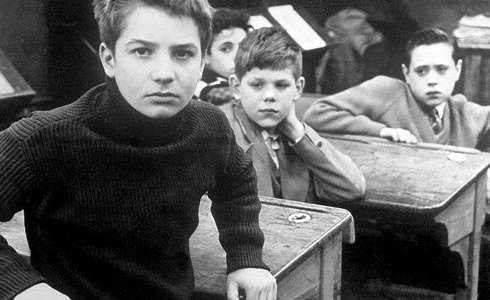
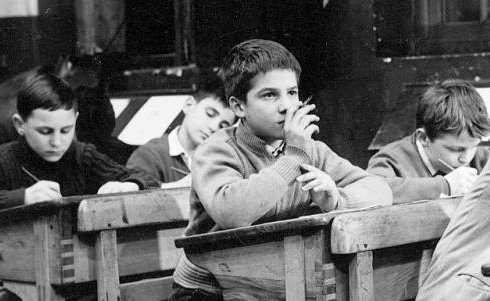
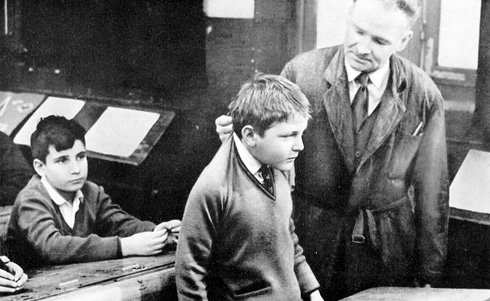
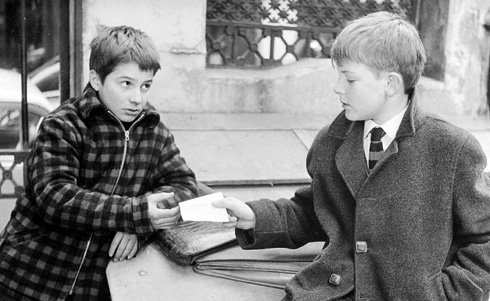
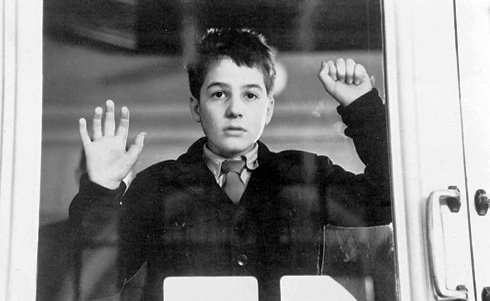
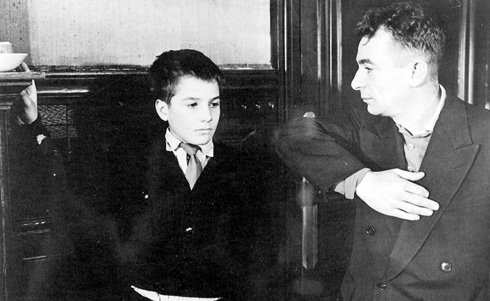
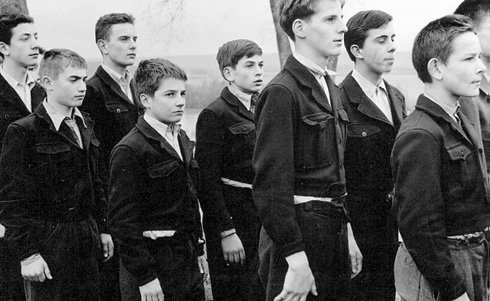
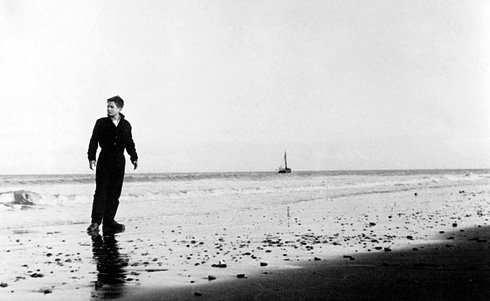
Your Opinions and Comments
Be the first to post a comment!